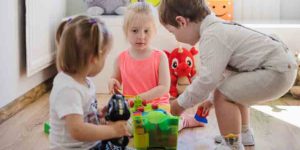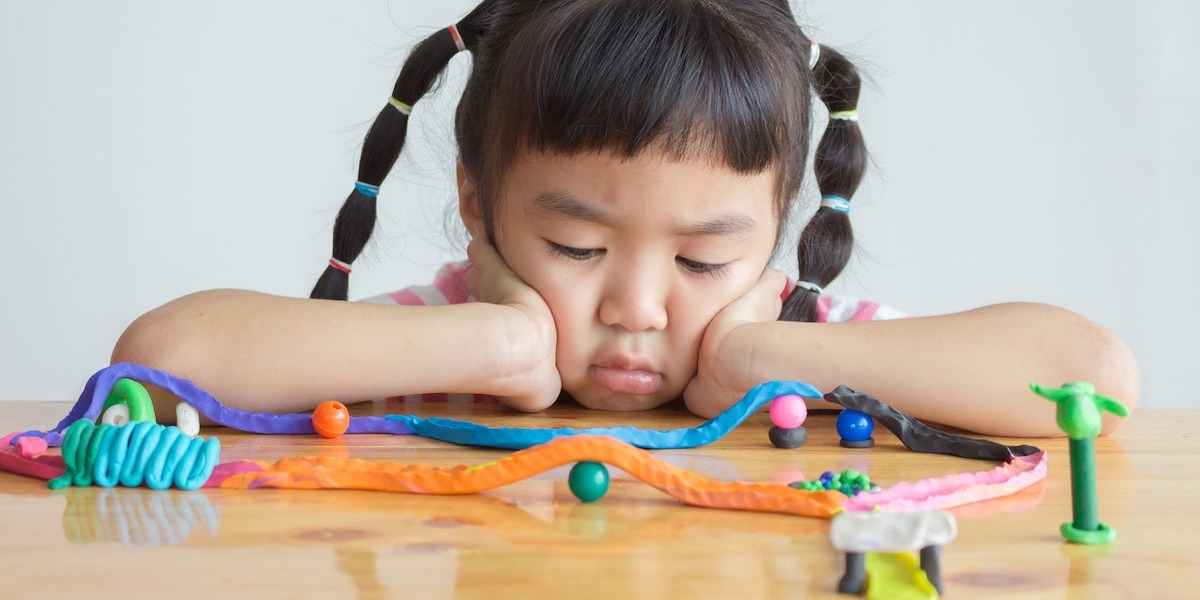Don T Buy Kids Toys
In a world filled with advertisements promoting the latest toys, it’s crucial to question whether buying these playthings is truly beneficial for children. While toys can be entertaining and seemingly essential for a child’s growth, there are compelling reasons to reconsider this approach.
Overabundance: The Problem with Too Many Toys
Contrary to popular belief, an excess of toys might hinder a child’s development. An overflowing toy box can lead to decreased creativity, diminished focus, and an inability to appreciate the value of each item.
Materialism vs. Imagination: The Battle for Creativity
When children have an abundance of toys, they may rely on external stimuli for entertainment rather than developing their creativity and imagination. Minimalism in toy choices can encourage resourcefulness and imaginative play.
Environmental Impact of Excessive Toy Consumption
The manufacturing and disposal of toys contribute significantly to environmental issues. Most toys are made from non-biodegradable materials, contributing to pollution and waste accumulation.

Toy Alternatives: Fostering Creativity and Development
Instead of buying numerous toys, consider alternatives that can better support a child’s development. Encourage activities such as reading, drawing, outdoor exploration, and hands-on projects to stimulate creativity and learning.
Quality Over Quantity: Selecting Meaningful Toys
When choosing toys, focus on quality, educational value, and longevity. Opt for toys that promote problem-solving, critical thinking, and skill development, such as building blocks, puzzles, and art supplies.
Encouraging Experiential Gifts and Shared Experiences
Consider gifting experiences or activities over material possessions. Trips to museums, interactive workshops, or family outings can create lasting memories and foster stronger family bonds.
Community Involvement: Toy Swaps and Sharing Initiatives
Engage with community toy-sharing initiatives or organize toy swaps. This not only reduces waste but also encourages sharing and cooperation among children.
Educational Insights: Understanding Child Psychology
Understanding your child’s interests and preferences can guide you in selecting toys that align with their developmental stages and learning needs. Observe and engage with them to identify their passions.
Rethinking Toys for Child Development
While toys can undoubtedly offer moments of joy and entertainment, a mindful and strategic approach to toy selection is essential. Encouraging creativity, prioritizing quality over quantity, and exploring alternative ways to stimulate a child’s development are key considerations in nurturing well-rounded individuals.




